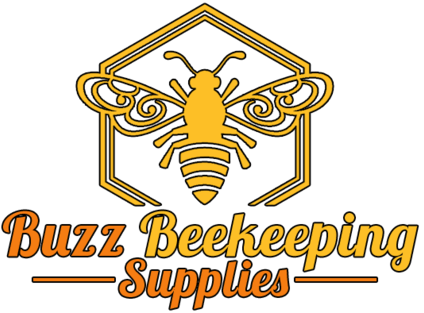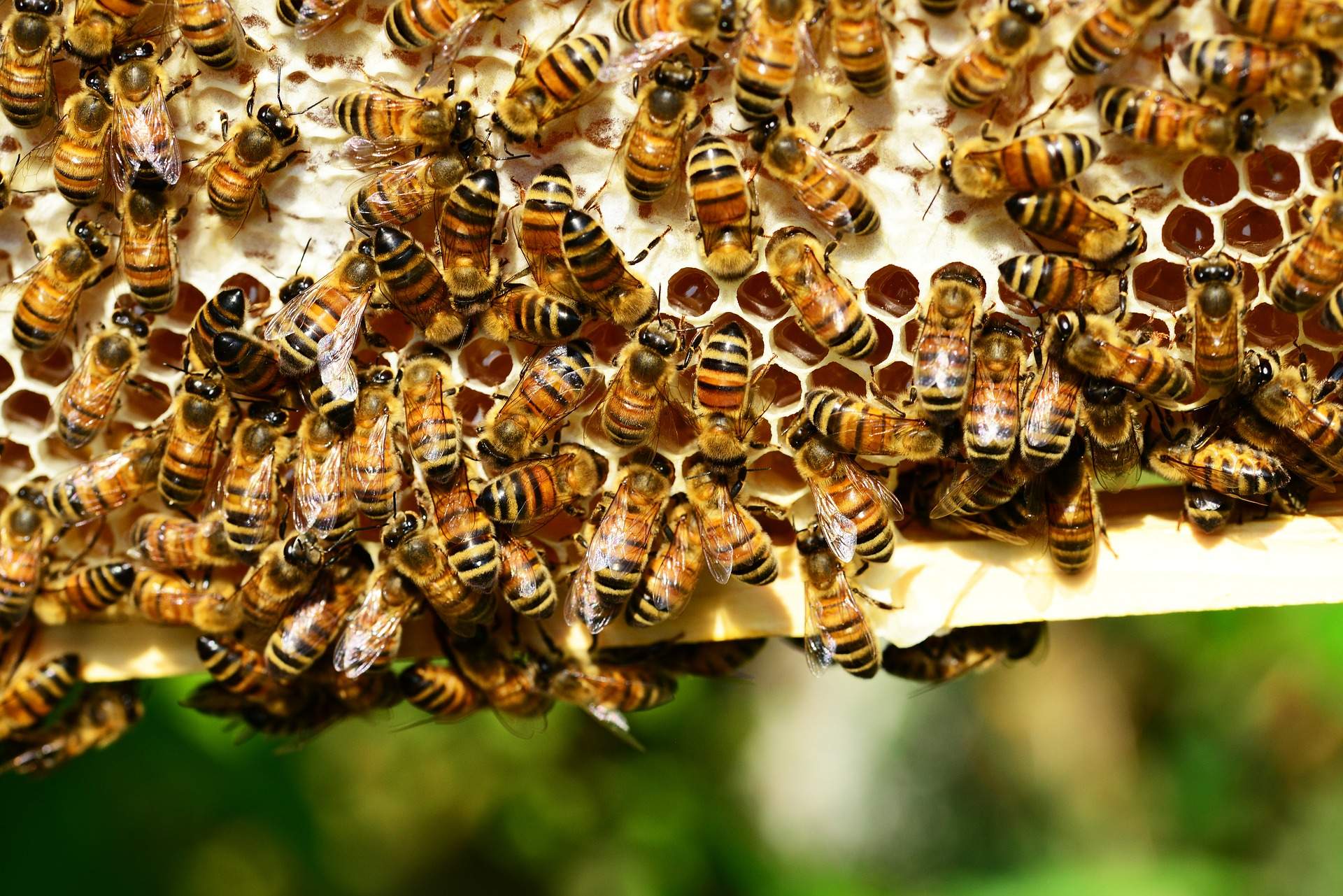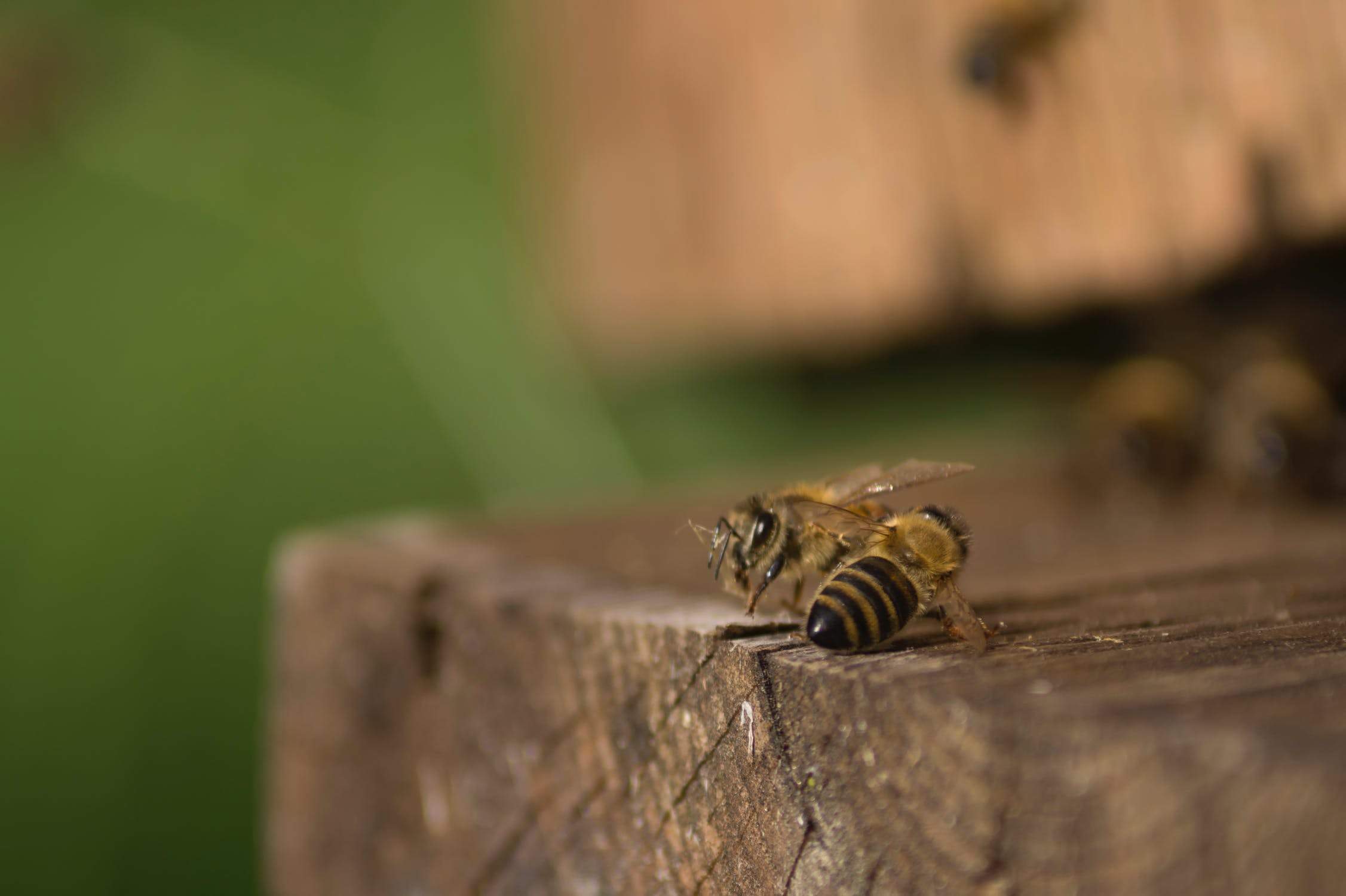Colony Collapse Disorder and Its Impact on the Economy
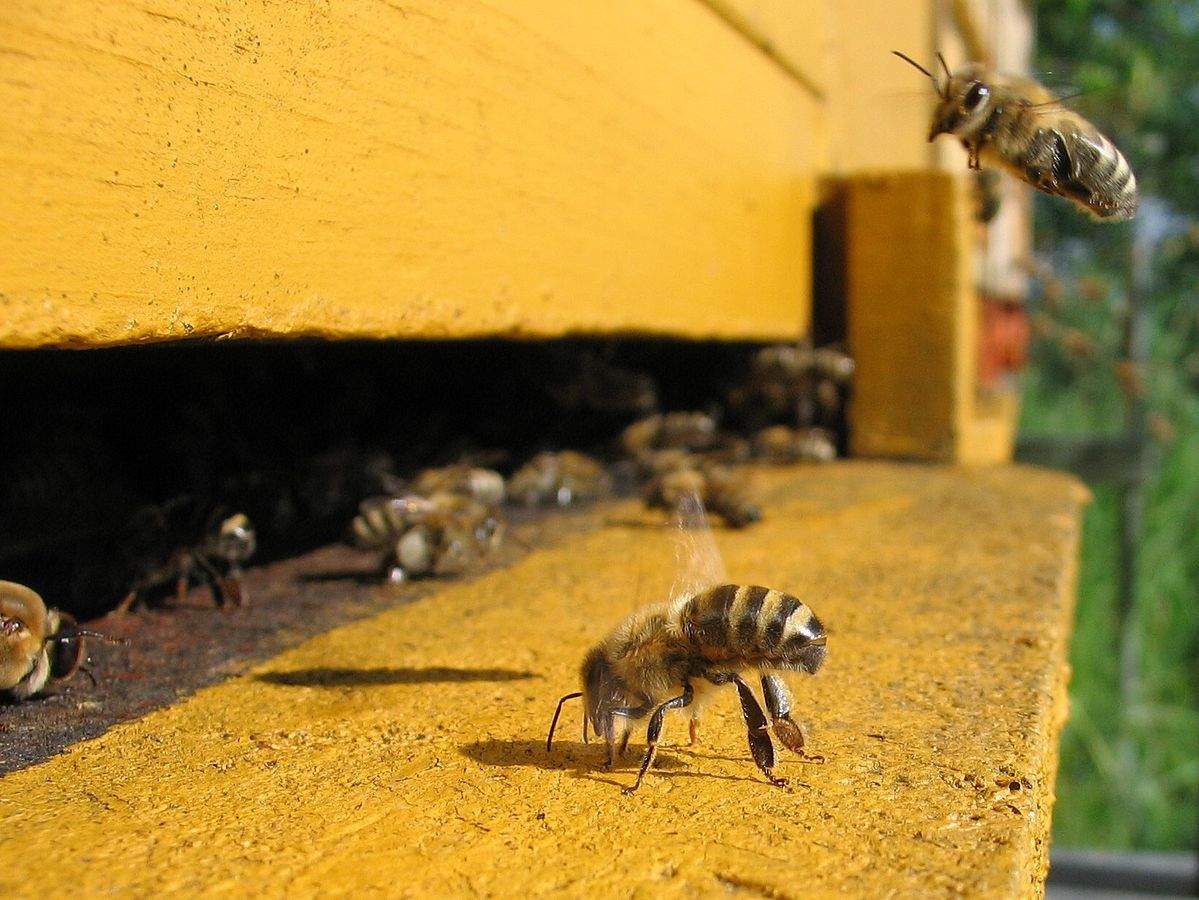
Colony Collapse Disorder – One of the most common problems that bee keepers face is the colony collapse disorder that kills their 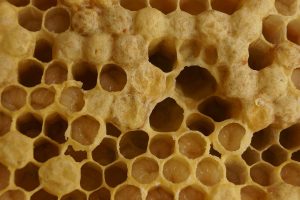 bees as well as the hives that those bees have established. This phenomenon causes the worker bees to die at an alarming rate thereby leaving their queen and immature bees behind. It’s important for bee keepers and those planning to raise bees to be aware of this problem so that they will be able to educate themselves with what to do should this happen to them.
bees as well as the hives that those bees have established. This phenomenon causes the worker bees to die at an alarming rate thereby leaving their queen and immature bees behind. It’s important for bee keepers and those planning to raise bees to be aware of this problem so that they will be able to educate themselves with what to do should this happen to them.
Facts About Colony Collapse Disorder
Everyday, billions of bees are go out of their hive to gather food (mostly, nectar) and pollinate. However, recently, the bees that left to hunt for food are mysteriously not coming back. Let’s look at the facts that might shed light to this phenomenon.
– The problem was first discovered in the year 2006 and 2007 where the bee keepers reported an alarming decline on their bees and colonies. Most of the owners find dead bees near the hives and the queen left alone with the young which eventually led to the death of all bee workers in a hive and the collapse of the colony (hence, Colony Collapse Disorder).
– The cause for this phenomenon hasn’t been discovered as of yet however, scientists and experts have think that it’s partly because of the fact that the pesticides alone could have weakened the bees immune system or worse, killed them. This led them to believe that the Colony Collapse Disorder could have been caused by acute pesticide poisoning.
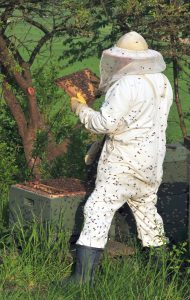 – Another theory of scientists is the increase in the Varroa Mite population, the newly emerged Acute Paralysis, and the gut parasite common in bees called Nosema.
– Another theory of scientists is the increase in the Varroa Mite population, the newly emerged Acute Paralysis, and the gut parasite common in bees called Nosema.
– Keepers experience the most loss in their honeybee population during the winter. However, on 2015, they were able to experience more loss on summer than on winter. If the loss continues to rise, there’s no stopping them from going extinct by the year 2035.
The Effect on the Economy
The honeybees are known to be the best pollinator species. For most of their life, they buzz around from flower to flower collecting pollen and nectar. This, in turn, leads to the propagation of fruits, flowers, and other agricultural products that are sold in the market.
The 40% decline in the honeybee species in 2006 resulted the economy immensely. The loss led to the 15-30 billion dollar decline in the agricultural productivity. The normal American diet consist of 15-30 percent of crops and the decline of the honeybee colonies due to the colony collapse was causing a great danger to the agricultural world as well as the American economy. The decline in the crops led to an increase in demand. Producers as well as keepers were forced to top off the original price of their products to address the problem.
Moreover, colony collapses doesn’t just affect the crops. It also affects the supply of dairy and beef since honeybees also help in the pollination of hays, clover, and forage products. This also led to the increase in the prices of milk and beef products in the market.
Colony Collapse Disorder and Its Impact on the Economy
Interested in beekeeping? Here are some beekeeping supplies you want to get your hands on to start with!
1. Ventilated Suit – https://amzn.to/2D1hJBu
(NEW) Ventilated Jacket – https://amzn.to/2Av6piJ
2. Beekeeper YKK Suit Combo – https://amzn.to/2Xk3xLz
3. Beekeeper Journal – https://bit.ly/3xXxFl2
4. YKK Suit – https://amzn.to/2IDJALO
5. Beekeeper Jacket – https://amzn.to/2FirwTW
6. Beekeeping Gloves:
– Goatskin Beekeeping Gloves – https://amzn.to/2GYxBZW
– Cow Leather Beekeeping Gloves – https://amzn.to/2uiSExd
7. Queen Marking Kit – https://amzn.to/2Wm1kCw
– Queen Marking Pens – https://amzn.to/3c4vE8y
–Queen Marking Cage – https://amzn.to/2TDwwdQ
